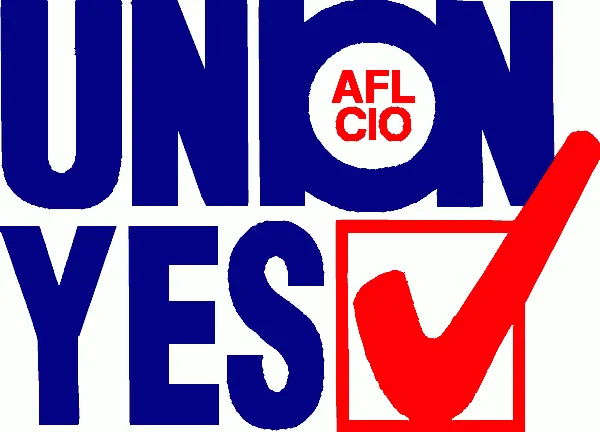Today's AFL-CIO Press Clips

ENERGY AND ENVIRONMENT
EPA details push to tighten rules for lead in drinking water
WTOP
By The Associated Press
December 16, 2021
The Environmental Protection Agency is taking steps to tighten rules for allowable levels of lead in drinking water, as the Biden administration looks to replace all of the nation’s lead service lines using new funds from the bipartisan infrastructure bill. The agency on Thursday announced the first investment of $2.9 billion under the law to replace aging lead pipes, which can leach particles of the heavy metal into drinking water, potentially causing severe developmental and neurological issues. The administration is looking to replace all lead drinking water pipes over the coming years. Vice President Kamala Harris was set to make the formal announcement Thursday during a speech to the AFL-CIO.
LABOR AND COMMUNITY
Parkersburg Area Community Foundation announces fall grant cycle
The Parkersburg News and Sentinel
By Staff
December 16, 2021
The Parkersburg Area Community Foundation announced awards of $234,838 for its fall grant cycle. The Fall 2021 Parkersburg Area Community Foundation & Regional Affiliates grant recipients are:
* AFL-CIO Appalachian Council Inc. — $5,000 to provide educational support and tutoring to children being raised by grandparents.
AFT Launches Literacy Campaign, Pledging 1M Free Books for Families
Yahoo!
By Asher Lehrer-Small
December 16, 2021
At a moment when attempts to ban books from school libraries have reached unprecedented levels and educators are being threatened for their reading assignments, the American Federation of Teachers is launching a campaign to place 1 million diverse titles in students’ hands. AFT President Randi Weingarten said the union’s current effort — to bolster the science of reading, strengthen the school-family connection and give kids “free books to read, love and keep” — pre-dates the backlash, but stands in contrast to it.
JOINING TOGETHER
Strike set to begin at Fred Meyer, QFC
NW Labor Press
By Don McIntosh
December 16, 2021
Members of United Food and Commercial Workers Local 555 are set to strike 6 a.m. Dec. 17 at Fred Meyer and QFC stores in the Portland area, Bend, and Klamath Falls—unless there’s tentative agreement on a new contract by then. The two sides were scheduled to meet through Dec. 16. Both Fred Meyer and QFC are owned by Cincinnati-based Kroger. Local 555 has been in negotiations over a new set of contracts with Kroger since July. For previous contracts, Fred Meyer bargained together with other big grocery chain, Safeway/Albertsons, but this year the companies are bargaining separately. Members overwhelmingly authorized a strike in votes held Dec. 10 and 11.
Starbucks workers’ union victory could lead to more coffee shops organizing
Boston Globe
By Katie Johnston
December 16, 2021
Something new is brewing at coffee shops around the country: organized labor. In recent months, a number of local coffeehouse workers have formed unions — at Pavement, Darwin’s, and three sister Somerville shops — and now the country’s largest coffee chain has joined the mix, with Starbucks workers at a Buffalo store voting to unionize and campaigns launched at two Boston-area shops. Suddenly, it seems, the door to organizing baristas is wide open.
IN THE STATES
State estimated to have lost 15 percent of its restaurants
WIS Business
December 15, 2021
Wisconsin State AFL-CIO President Stephanie Bloomingdale countered that “these are essential jobs to the industry … they ought to be able to make a living wage too.” She cited a recent MIT report that found a family of four living in Wisconsin needs both heads of household to each earn $22 per hour to “just make it.”
LABOR AND ECONOMY
Report: Unions are not only good for workers, they’re good for communities and for democracy
Yuba Net
By Economic Policy Institute
December 16, 2021
A new EPI report documents the correlation between higher levels of unionization and a range of economic, personal, and democratic well-being measures. In the same way unions give workers a voice at work, with a direct impact on wages and working conditions, unions also give workers a voice in shaping their communities. Where workers have this power, states have more equitable economic structures, social structures, and democracies.